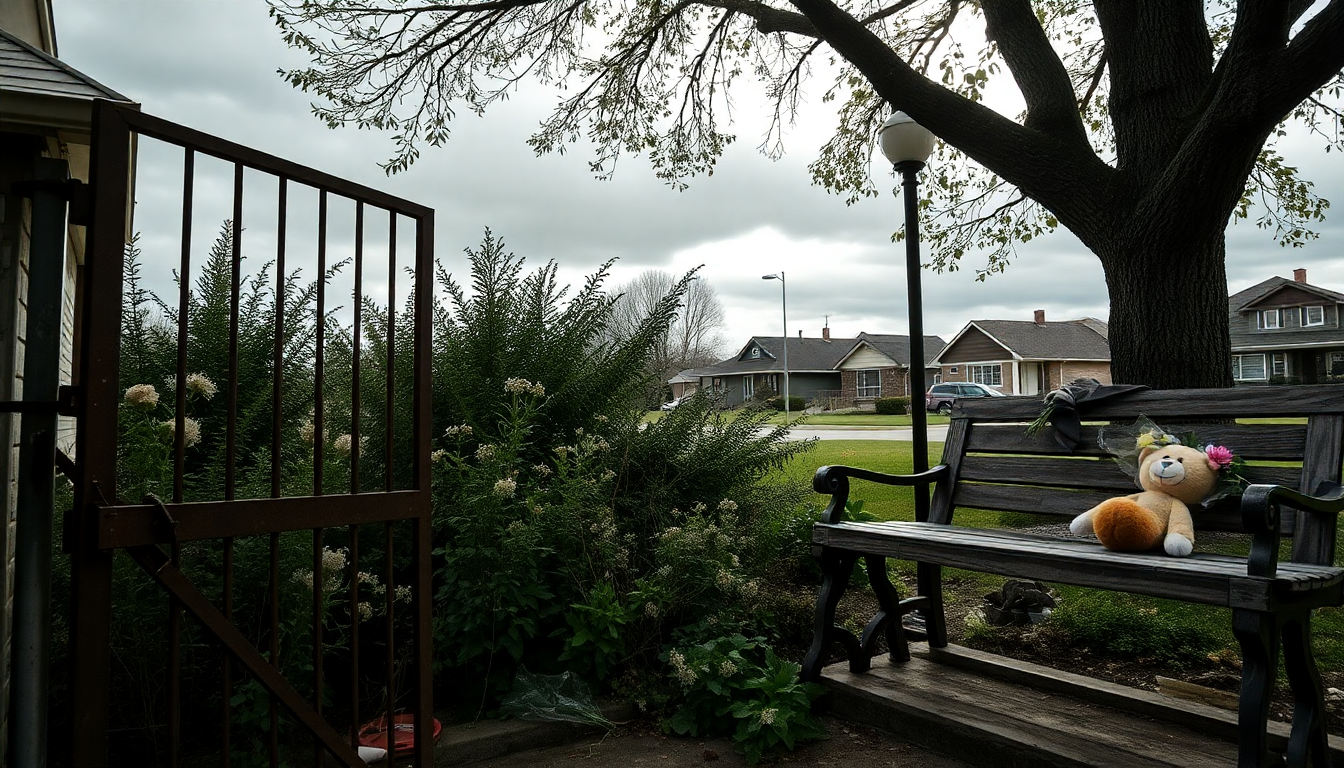Table of Contents
The recent tragic case involving Kaj Alexander Randall has sent shockwaves through the community of St. Albert, drawing attention to the complexities of human behavior and the unexpected fallout of violence. On July 18, 2024, Randall pleaded guilty to second-degree murder for the fatal stabbing of 17-year-old Jaeden Chaisson and the assault on her 13-year-old cousin, Brooklyn Janes.
This heartbreaking event unfolded in what should have been a safe space—home—leaving emotional scars that will last a lifetime for the families involved.
A Closer Look at the Incident
On that fateful day, Randall, who seemed to be living harmoniously with Kayla Chaisson and her two daughters, showed no prior signs of aggression.
The evening began innocently enough; he visited Kayla at her workplace and appeared to be in good spirits. But after consuming cocaine shortly before the tragic encounter, everything changed.
Around 10 p.m., Randall picked up a kitchen knife and attacked Jaeden, inflicting 21 stab wounds as she desperately pleaded for her life.
Brooklyn, who was in another room, heard the commotion and rushed to help, only to find herself targeted by Randall’s violent rage. It’s chilling to think that the brutality of the assault lasted just five minutes, yet it forever altered the lives of everyone involved.
In the aftermath, Brooklyn bravely tried to call for help, but Randall’s aggression proved overwhelming. For a brief moment, he left her side, giving Brooklyn a fleeting chance to escape, but he quickly returned, continuing his assault until she pretended to be dead to survive.
This act of sheer desperation underscores the immense terror that unfolded that night. How does one process such fear?
The Legal Proceedings and Community Response
Randall’s capture and the subsequent court proceedings revealed the psychological turmoil that often accompanies acts of violence.
His defense argued that he was suffering from drug-induced psychosis, painting a complex picture of a man who, despite being a caring father figure, committed unspeakable acts against those he loved. This duality raises unsettling questions about accountability and how substance abuse can distort reality.
In court, both Brooklyn and Jaeden’s mother, Nicole Chaisson, voiced their profound grief and the unfillable void left by Jaeden’s tragic death. Nicole emphasized the importance of remembering Jaeden for the joy she brought into their lives, rather than the tragedy of her ending. Isn’t it essential for communities to focus on healing and remembrance in the face of such loss?
Reflections on Violence and Community Safety
The heartbreaking events in St. Albert remind us that violence can erupt even in seemingly stable environments. The stark contrast between Randall’s loving demeanor before the attack and his horrifying actions afterward prompts critical discussions about mental health, substance abuse, and the societal factors that can lead to such tragedies.
Communities must confront the implications of these incidents, emphasizing prevention and support systems that can intervene before violence takes root. Initiatives promoting mental health awareness, substance abuse treatment, and conflict resolution can play a vital role in reducing the risks associated with domestic violence, ensuring that homes remain safe sanctuaries.
As the community of St. Albert begins to heal from this harrowing experience, it’s crucial to honor Jaeden Chaisson’s memory while supporting those she left behind. The road to recovery will undoubtedly be long, but engaging in constructive dialogue that fosters understanding and compassion is essential. How can we work together to create a safer environment for everyone?





